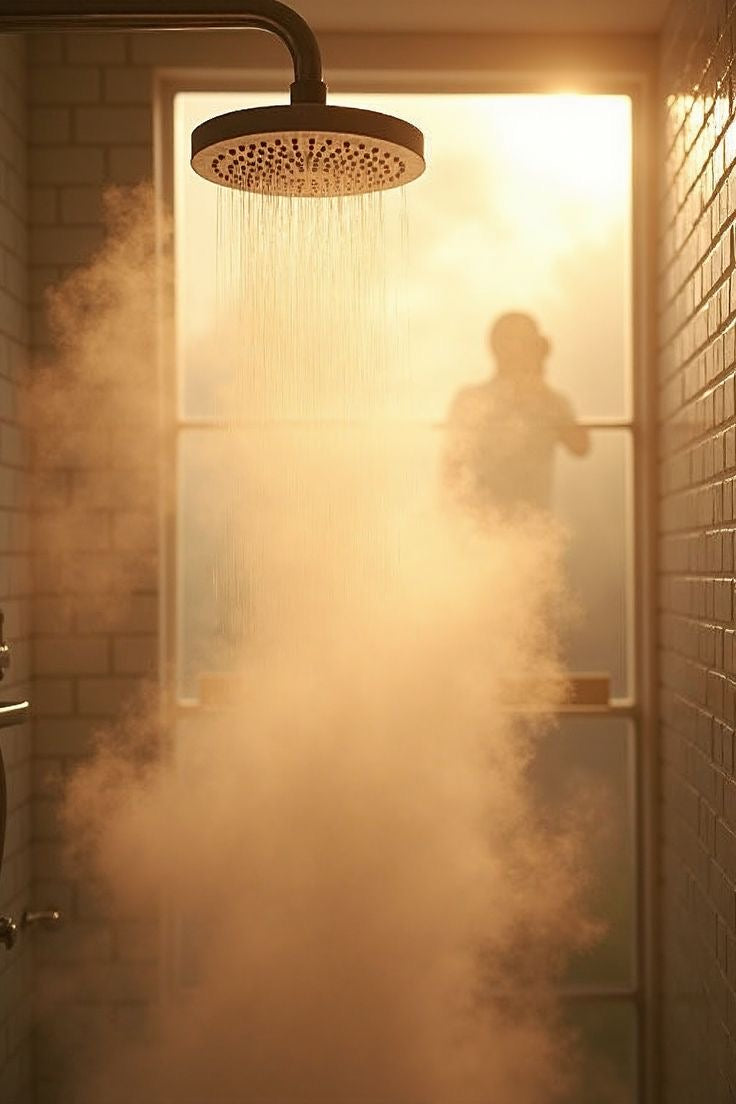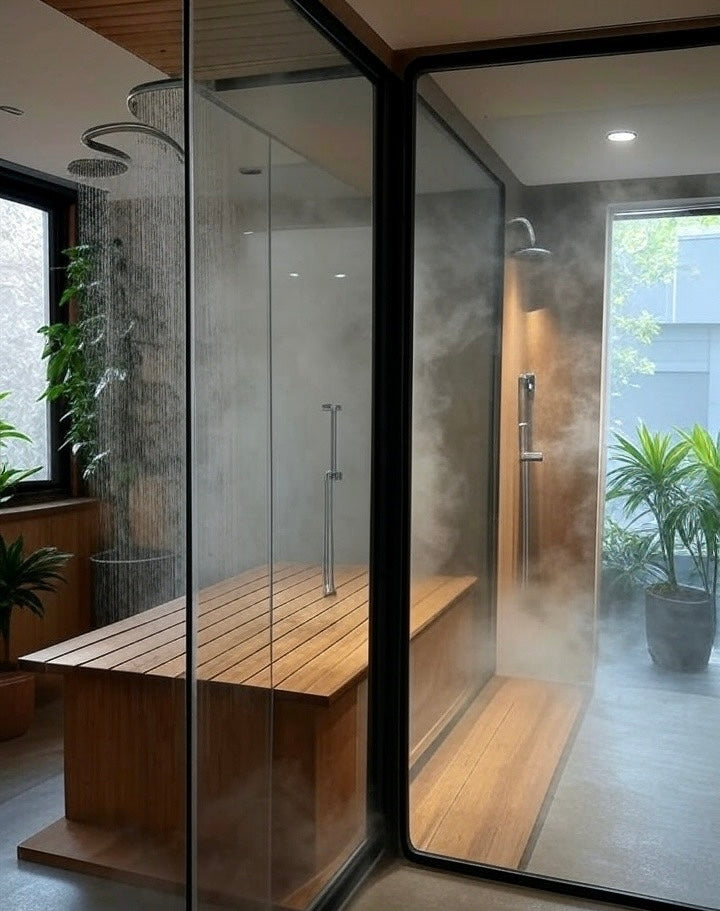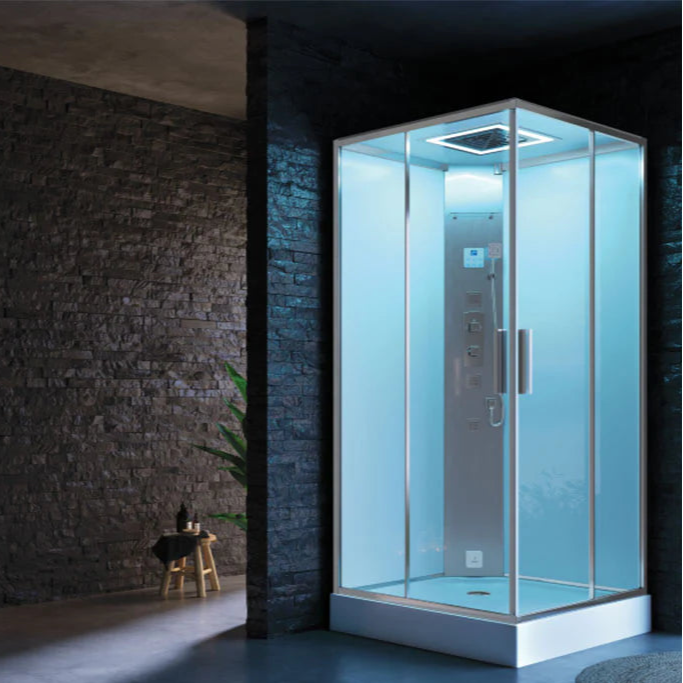Feeling stuffy, sore, or just plain stressed? A Steam Room or Steam bath might be the soothing escape you didn’t know you needed. Short answer? Yes, the steam room can be an effective treatment for a range of issues—from colds to cramps. Keep reading to see why it works!

The Primary Health Benefits of Steam Room Therapy
Respiratory and Sinus Relief
How Steam Helps Clear Congestion
Steam therapy benefits your airways by loosening mucus and making it easier to breathe. Warm, moist air from a steam room soothes irritated sinuses and throat tissues. This makes it especially helpful during cold and allergy seasons.
Easing Symptoms of Colds and Bronchitis
When you’re feeling under the weather, a steam bath can ease chest tightness and help you cough up phlegm more easily. The moist heat relaxes the airways and promotes easier breathing. It may not cure your illness, but it certainly brings comfort.
Muscle and Joint Recovery
Soothing Post-Workout Soreness (DOMS)
Delayed-onset muscle soreness (DOMS) can be a pain—literally. Spending time in a steam room after exercise helps reduce muscle tightness and pain. Heat increases blood flow to muscles, supporting quicker recovery and less stiffness the next day.
Loosening Stiff Joints and Improving Flexibility
Steam room therapy allows muscles and joints to loosen up, making it easier to stretch and move. This is particularly beneficial for anyone with joint stiffness or limited mobility. A quick session before yoga or physiotherapy can work wonders.
Reducing Pain from Conditions like Arthritis
Those with chronic joint pain or arthritis may find relief from the heat of a steam bath. The warmth helps reduce inflammation and improve joint function. It’s not a replacement for treatment but can be a soothing addition to your routine.
Cardiovascular and Skin Health
Promoting Circulation and Lowering Blood Pressure
Regular steam room sessions may improve circulation by encouraging your blood vessels to widen. This helps deliver oxygen and nutrients more efficiently throughout the body. Over time, this can support heart health and even help regulate blood pressure.
The Role of Steam in Detoxification and Skin Cleansing
Steam opens up pores and promotes sweating, which helps flush out toxins and clear your skin. A steam bath can leave your skin glowing and feeling refreshed. It also removes dirt and oil build-up, helping to prevent breakouts.
Important Considerations Before Stepping into a Steam Room
Who Should Avoid Steam Rooms (Risks & Contraindications)
People with Certain Medical Conditions (e.g., Heart Disease, Low Blood Pressure)
People with cardiovascular issues should consult a doctor before using steam therapy. The heat can stress the heart and lower blood pressure further. Safety should always come first.
When to Avoid the Steam Room (e.g., When Sick, Pregnant, or After Drinking Alcohol)
Steam rooms are not always ideal. Avoid them if you’re feeling dizzy, dehydrated, pregnant, or under the influence of alcohol. Listen to your body and err on the side of caution.
Best Practices for a Safe Session
The Importance of Hydration
Sweating in a steam bath depletes your body’s water levels. Always drink water before, during, and after your session. This helps prevent dehydration and keeps your body functioning at its best.
Recommended Session Duration and Frequency
Limit each steam session to 10–15 minutes, especially if you’re new to it. Start with 1–2 sessions per week and increase as tolerated. Listen to your body and take breaks when needed.
Recognising and Responding to Signs of Overheating
Watch out for signs like dizziness, nausea, or a racing heart. These indicate your body is overheating. Exit the steam room immediately and hydrate if this happens.
Takeaway: Steam room therapy offers real benefits—from clearer skin and easier breathing to reduced soreness and better circulation. Just be smart, stay hydrated, and know your limits. It’s a feel-good habit worth trying.






